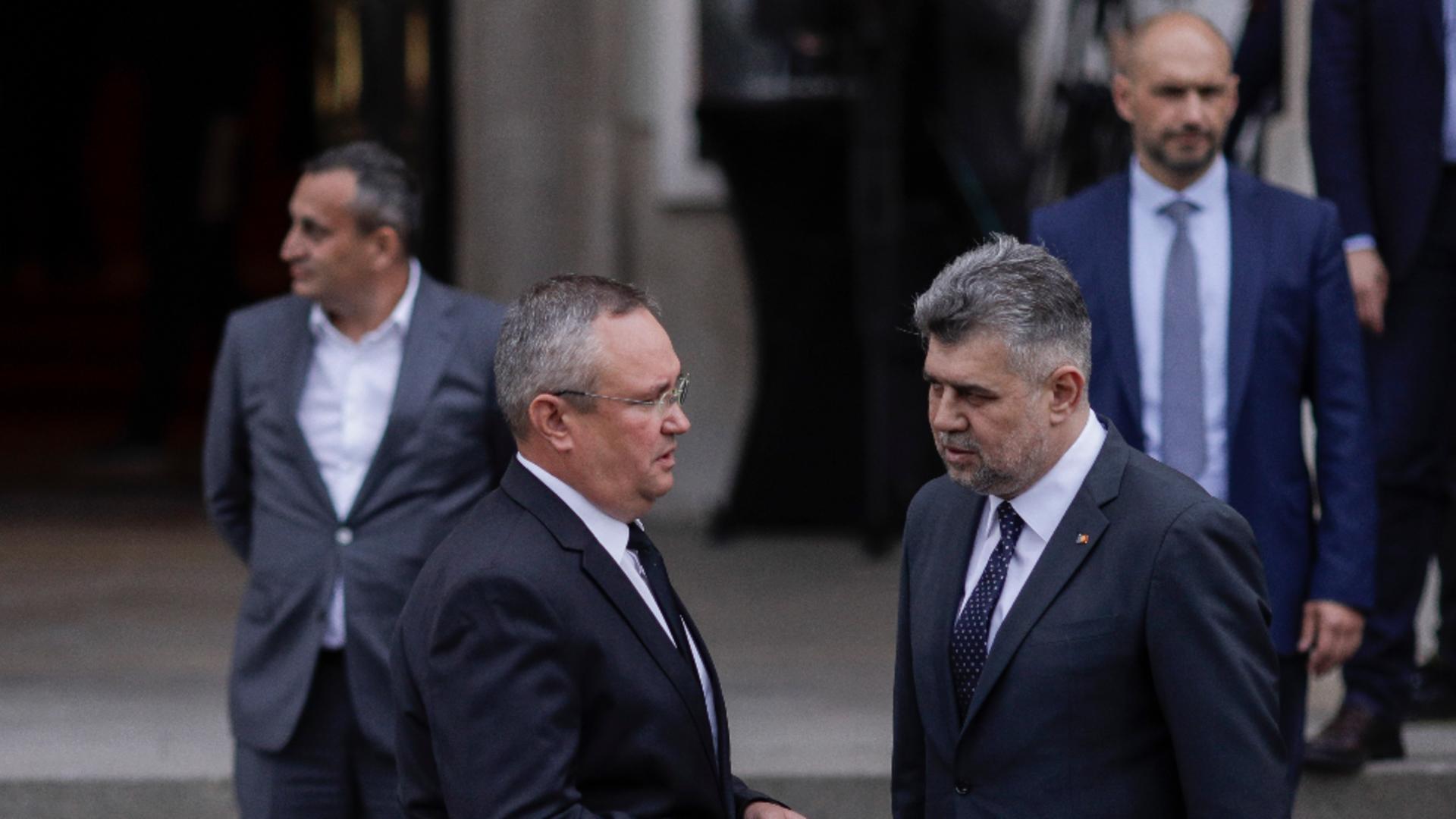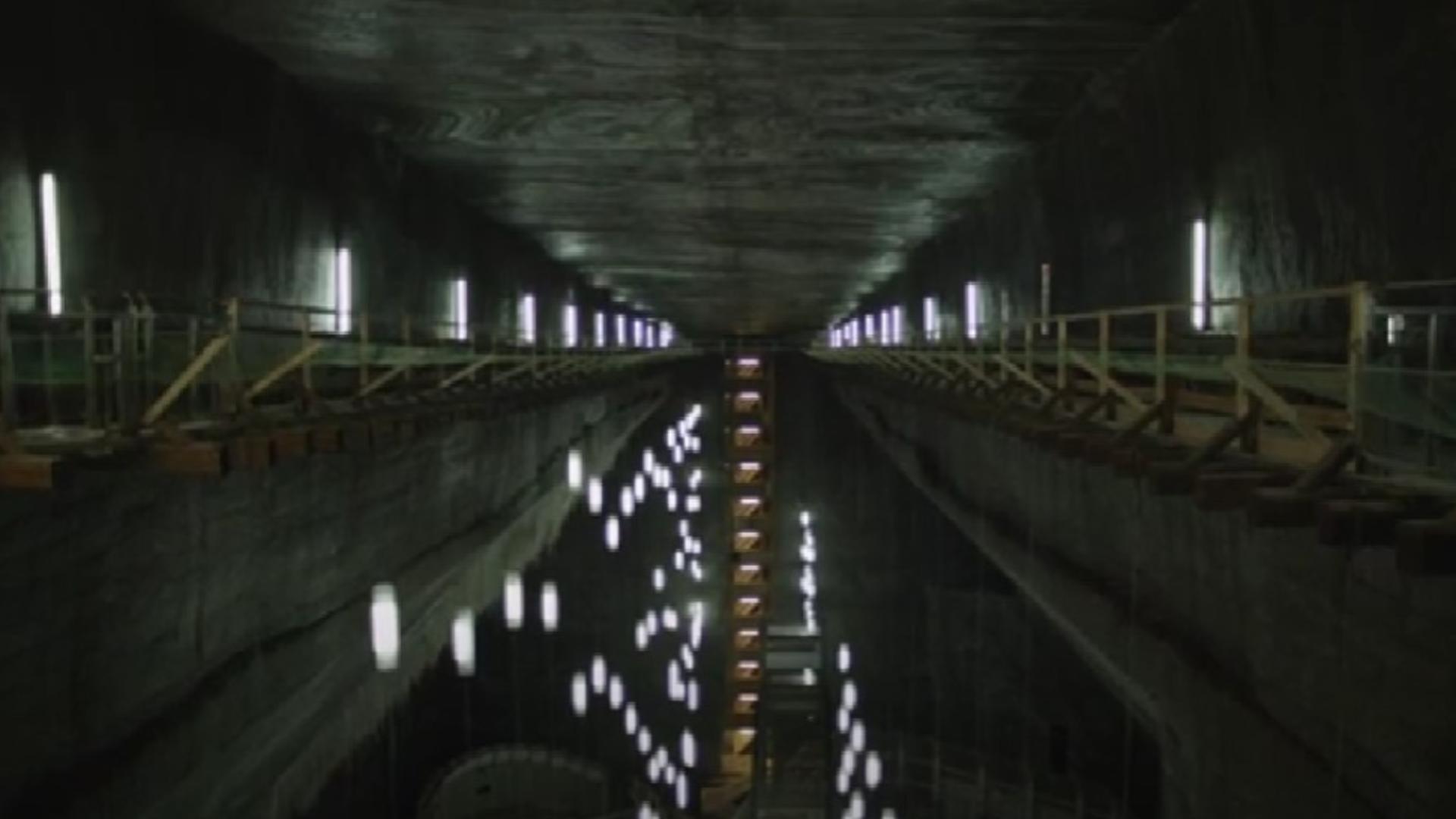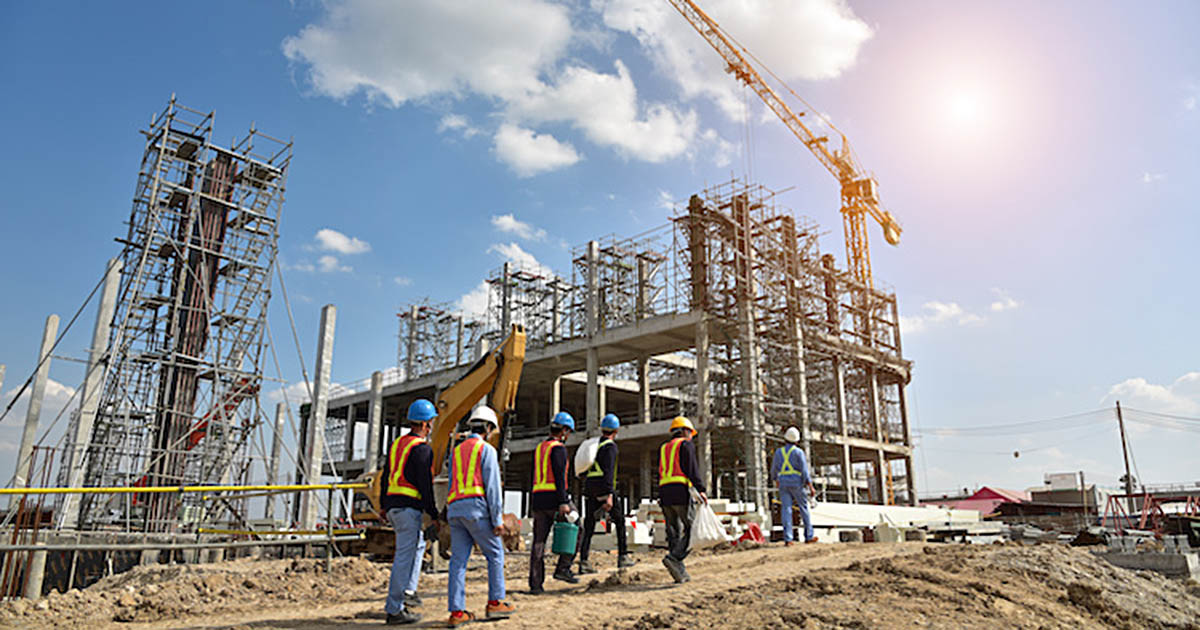For the last two decades, California’s governors and legislators — and lobbyists for countless groups with stakes in the state budget — have engaged in a running debate over ever-increasing volatility in tax revenues.
As the revenue stream grew, personal income taxes became the dominant source. The state’s highest-income taxpayers generated half those taxes largely from profits on their investments, which can vary widely year to year.
Moreover, as revenues became less predictable the state’s spending became less flexible. For example, a 1988 ballot measure, Proposition 98, requires that about 40% of state revenues be spent on public schools and community colleges.
When revenues plummeted during the Great Recession and the state faced historically large budget deficits, then-Gov. Arnold Schwarzenegger and legislative leaders created a commission to recommend solutions to revenue volatility.
The commission debated for months but was hopelessly divided over whether to overhaul the tax system to de-emphasize income taxes or increase budget reserves to cushion periodic decreases in revenues. Its report, favoring the former approach, was promptly filed away and largely forgotten.
A few years later, Schwarzenegger’s successor, Democrat Jerry Brown confronted the lingering deficits from the Great Recession’s sharp revenue declines. He covered the gaps with a temporary tax increase approved by voters in 2012, primarily income taxes on the wealthy, and proposed a “rainy day fund” to ease the impact of future revenue downturns.
Voters approved that approach in 2014 and the reserve, along with other smaller reserve funds for specific purposes, amassed substantial balances, roughly $30 billion, during the ensuing half-decade.
Gov. Gavin Newsom used reserves a bit in 2020 to offset a revenue decline during the COVID-19 pandemic and, when facing a nearly $50 billion budget deficit this year, he and the Legislature turned to them again.
Initially Newsom proposed a $13.1 billion draw from reserves, but the final 2024-25 budget approved in June took just $5.1 billion from the rainy fund and envisions another $7.1 drawdown in 2025-26. It also largely drains two other reserves, including one for schools.
This year’s deficit resulted from a massive overestimate of revenues by Newsom’s administration in 2022, rather than an economic turndown, and some critics have complained that misusing reserves this year could leave them unable to cope with a recession.
The wonkish debate over budgets, reserves and revenue volatility resumed this week during an Assembly Budget Committee hearing — specifically over whether the state needs a larger rainy day fund.
Newsom, whose 2022 projection of a huge budget surplus from explosive revenue gains proved to be incredibly wrong, now wants the state to avoid spending estimates of windfall revenues until they are actually in the bank — a prudence that should have been adopted many years ago.
Related Articles
California’s proposed bag ban is a new tax on marginalized Californians
Restore Education Now: A California mom’s back-to-school agenda
American Theocracy: Politics has become our national religion
Newsom, Legislature think they know how to raise your children better than you do
Dan Walters: Should tech giants have to pay California newspapers for their content?
However, his proposal and/or increasing rainy day reserves run afoul of groups that believe the state should be spending more on support for poor Californians rather than setting more money aside.
Scott Graves of the left-leaning California Budget & Policy Center warned legislators that “significantly raising the cap for the rainy day fund could tip the balance too far in the direction of saving, leaving less revenue to meet the immediate needs of Californians. This would make it harder to address poverty and inequality and to create an equitable California where everyone can share in the state’s prosperity.”
The hearing essentially sets the stage for a potential 2026 ballot measure to revise the state’s budget reserve, but it could also renew the revenue aspect of the perpetual debate, because in 2030 the latest extension of Jerry Brown’s 2012 income tax increase will expire.
Dan Walters is a CalMatters columnist.




























